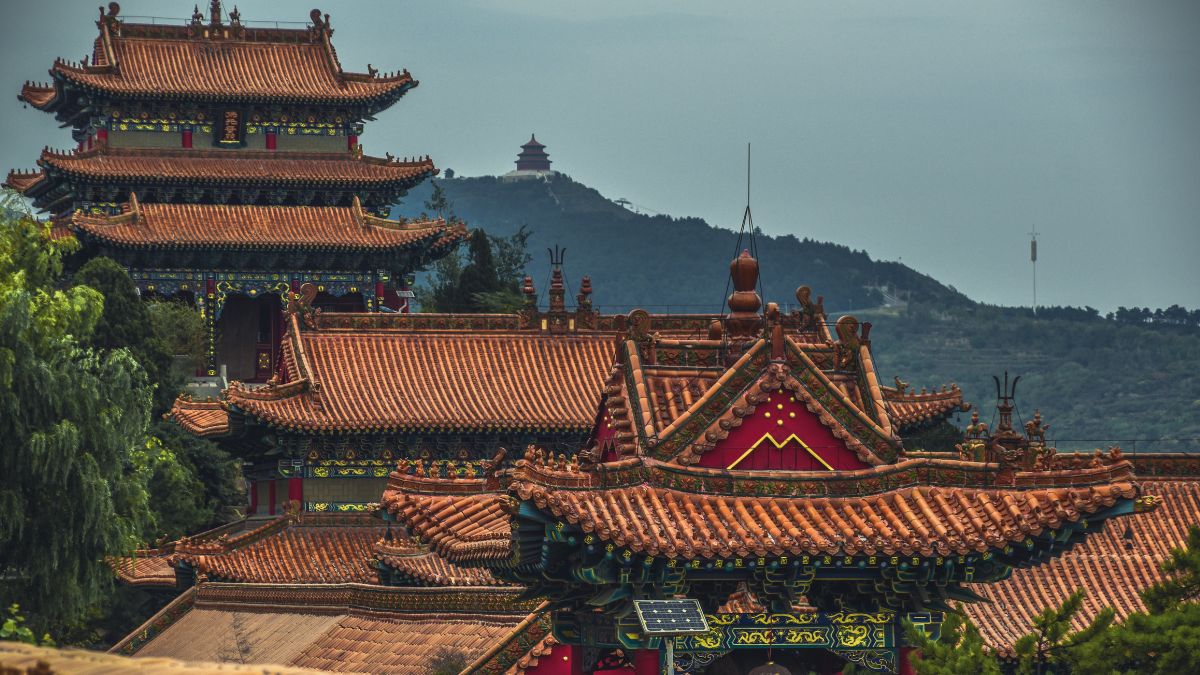Kalidasa (Classical Sanskrit Literature)
Kalidasa (Classical Sanskrit Literature)
Kublai Khan – Yuan Dynasty, China

Kublai Khan – Yuan Dynasty, China
In the annals of history, few figures cast as long and as captivating a shadow as Kublai Khan, the founder of the Yuan Dynasty in China. His legacy is a tapestry of conquest, innovation, and cultural fusion that forever changed the course of Chinese history, leaving an indelible mark on the world stage.
Born into the Mongol Empire, the largest contiguous empire in history, Kublai Khan was the grandson of the fearsome Genghis Khan. Yet, unlike his predecessors, whose names were synonymous with the horrors of war, Kublai was a visionary who sought to understand and integrate the cultures of the lands he ruled. His reign, spanning from 1260 to 1294, was a crucible of transformation, not only for Mongolia but for the vast, diverse expanse of China.
Imagine the vast Mongolian steppes, where the winds whisper tales of valor and ambition. It was here that Kublai Khan, with his keen intellect and boundless curiosity, began to envision a realm that transcended the nomadic heritage of his ancestors. He was a conqueror, yes, but also a ruler who appreciated the complexities of governance, the intricacies of culture, and the necessity of a stable, unified state.
When Kublai Khan turned his gaze towards China, he saw not a land to be pillaged, but a civilization to be embraced and uplifted. His establishment of the Yuan Dynasty in 1271 was a declaration of a new era. Under his rule, China became the epicenter of a vast empire that stretched from the Pacific Ocean to the edge of Europe. Kublai Khan’s capital, Dadu, the present-day Beijing, was a marvel of the world, a city where the architectural genius of the Chinese mingled with the diverse influences of a global empire.
The Yuan Dynasty under Kublai Khan was a beacon of tolerance and intellectual exchange. Scholars, artists, and traders from across the globe were drawn to Dadu, where they contributed to a renaissance of thought, art, and technology. The famed Venetian explorer Marco Polo’s accounts of Kublai Khan’s court offer a glimpse into a world of staggering wealth, sophistication, and cosmopolitanism that astounded the Western world.
Kublai Khan’s rule was also marked by significant administrative and economic reforms that laid the foundations for modern governance in China. He established a centralized bureaucratic system, promoted trade, and implemented paper money, revolutionizing the economy. These innovations not only bolstered the empire’s prosperity but also fostered a degree of unity and identity among its diverse peoples.
Yet, Kublai Khan’s ambitions were not bound by the terrestrial limits of his empire. His failed naval expeditions to Japan and Southeast Asia are testament to his restless spirit, a yearning to extend his dominion across the seas. Though these ventures did not succeed, they underscored the vast scope of Kublai Khan’s vision and the limits of imperial reach.
In the twilight of his reign, Kublai Khan faced the challenges that beset all empires: rebellion, administrative strains, and the erosion of central power. But the legacy of his rule, the Yuan Dynasty, endures in the annals of history as a golden age of cultural flourishing and intellectual exchange.
Kublai Khan’s story is a testament to the power of vision and the enduring impact of a ruler who sought to bridge worlds. His legacy is a reminder that the greatest empires are not just built on conquest, but on the dreams of integration and understanding. In the vast tapestry of history, Kublai Khan stands as a colossus, a figure of awe and inspiration, whose dream of a unified, prosperous empire continues to echo through the ages.